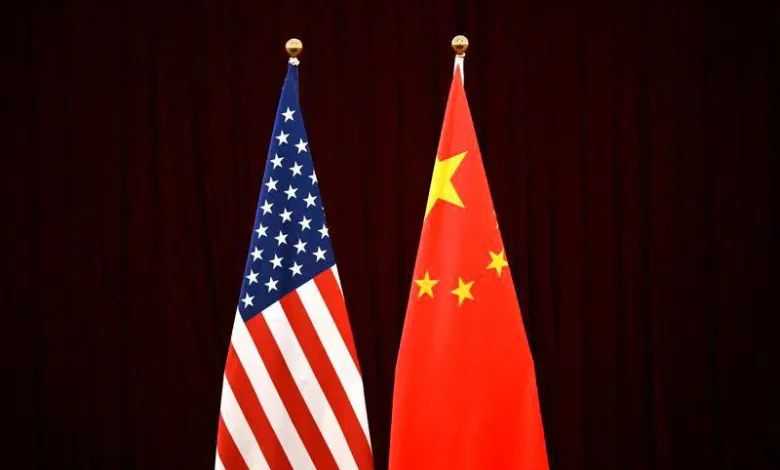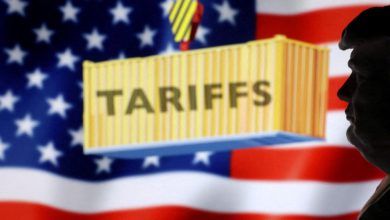
China has announced it will increase tariffs on U.S. imports from 34% to 84%, effective Thursday at 12:01 pm, in response to U.S. President Donald Trump’s latest round of tariff hikes. This escalation comes after the U.S. implemented 104% tariffs on numerous Chinese goods on Wednesday.
The Escalating Trade War
The announcement marks the latest development in the ongoing trade dispute between the two largest economies in the world. In a statement, China’s Finance Ministry condemned the U.S. tariff increases, describing them as “mistakes” that infringe on China’s rights and interests. Beijing vowed to take “firm and forceful” actions to protect its economic interests and uphold multilateral trade rules.
The finance ministry emphasized that these tariff increases further destabilize the global trading system, undermining the rules-based international trade order. The decision to hike tariffs by an additional 50% underscores China’s growing frustration with the U.S.’s aggressive trade tactics.
China’s Retaliatory Measures
In addition to raising tariffs, China’s commerce ministry also targeted U.S. technology companies by blacklisting six firms, including Shield AI Inc. and Sierra Nevada Corp. These companies are accused of either selling arms to Taiwan or collaborating with the island on military technology. This move is seen as a direct response to the ongoing U.S. pressure on China, especially concerning defense-related trade and technology transfers with Taiwan.
The Broader Impact
The heightened tariff measures are expected to further strain U.S.-China trade relations, potentially leading to broader economic repercussions. With both sides imposing tariffs on each other’s goods, the global trade environment is becoming increasingly uncertain, and markets may see further disruptions.
The latest actions come after President Trump’s decision to implement tariffs on a wide range of Chinese goods, including a new 90% duty on small parcels from China. These measures are part of a larger strategy by the U.S. to reduce its trade deficit with China and address concerns over intellectual property theft and unfair trade practices.
The Future of U.S.-China Trade Relations
With tensions mounting between the U.S. and China, experts warn that the economic fallout from these escalating tariffs could lead to a prolonged trade war, potentially harming global trade flows, supply chains, and economic growth. Both countries face significant pressure to reach a resolution, but with each side digging in its heels, a quick resolution appears unlikely.
In the meantime, businesses and consumers in both countries, as well as global markets, will likely continue to feel the impact of these tariffs, which could further dampen international trade and investment.





